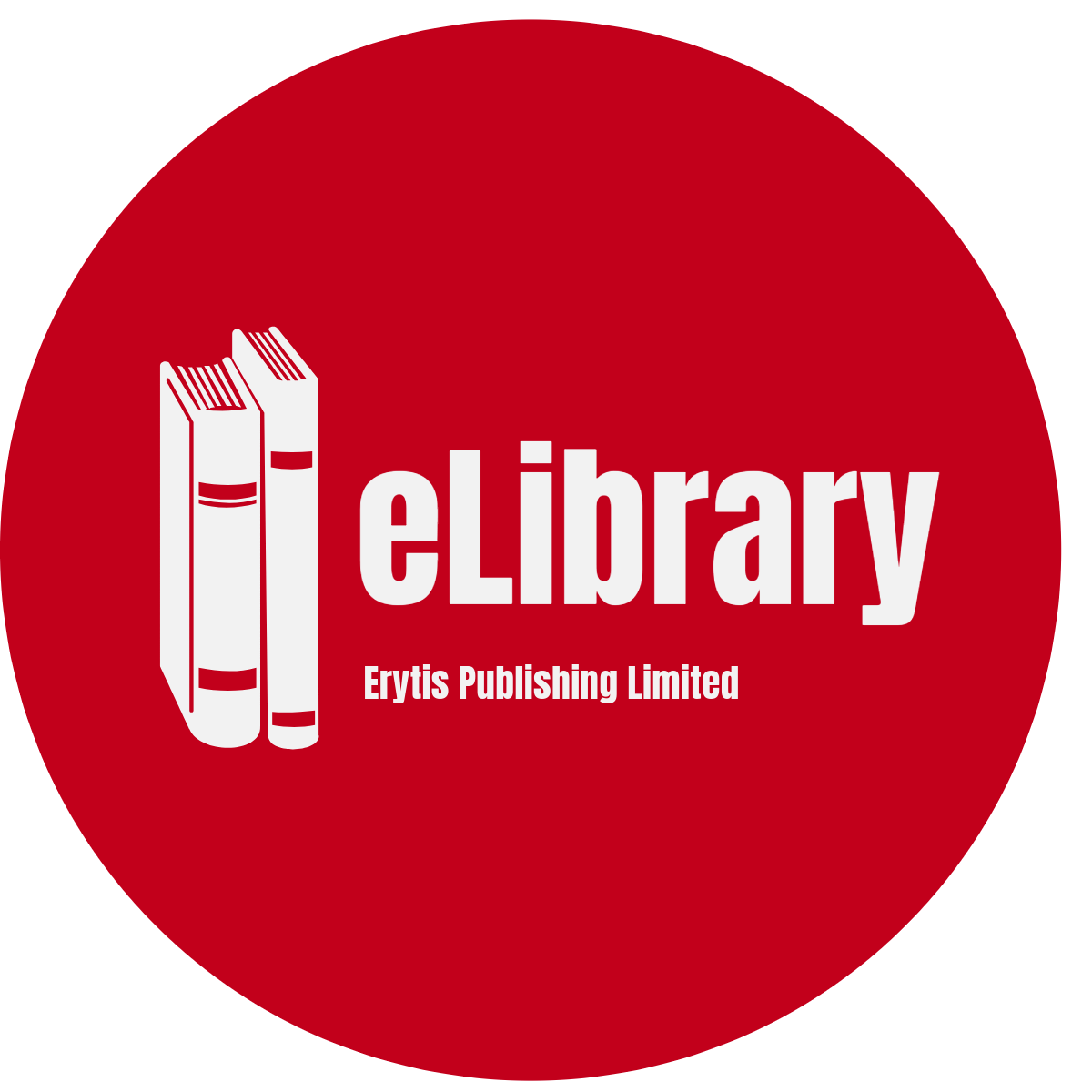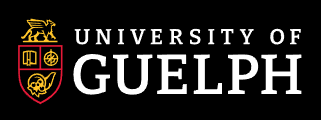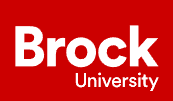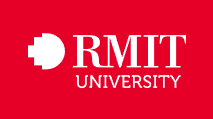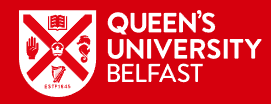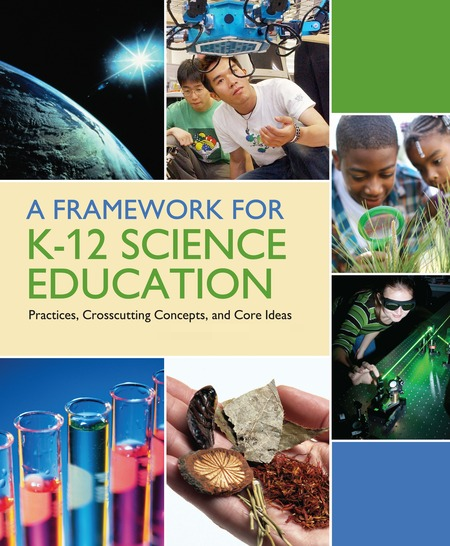
HOME
International Journal of Educational Development (IJED) ISSN Print: 3104-4263 ISSN Online: 3104-4271 is a leading open-access, peer-reviewed platform dedicated to advancing educational equity, innovation, and sustainable development worldwide. By bridging theory, policy, and practice, IJED serves as a global forum for interdisciplinary research that addresses pressing challenges in education across diverse cultural, economic, and social contexts. Rooted in UNESCO’s Sustainable Development Goal 4 (Quality Education), the journal empowers scholars, policymakers, and practitioners to catalyze transformative change in learning systems and human development.
Scope and Topics
IJED publishes cutting-edge research spanning all fields of educational studies, with an emphasis on low-resource settings, social justice, and scalable solutions. Key domains include:
1. Educational Policy & Leadership
- Education system reform, governance, and funding models
- Teacher professionalization, labor policies, and leadership training
- Education in conflict zones, migration contexts, and crisis response
2. Learning Sciences & Pedagogy
- Cognitive development, curriculum design, and inclusive pedagogy
- STEM/STEAM education, digital literacy, and AI in learning
- Multilingual education, Indigenous knowledge systems, and decolonial approaches
3. Equity, Access, and Inclusion
- Gender equality, disability-inclusive education, and minority rights
- Rural education, poverty alleviation, and early childhood development (ECD)
- Neurodiversity, mental health support, and trauma-informed teaching
4. Technology & Innovation
- EdTech for resource-limited contexts (e.g., mobile learning, OER, MOOCs)
- Data-driven decision-making, learning analytics, and AI ethics in education
- Virtual/augmented reality, gamification, and future-ready skills training
5. Global & Comparative Perspectives
- International assessments (e.g., PISA, TIMSS) and cross-cultural studies
- Education sustainability, climate change education, and green schools
- South-South cooperation, diaspora engagement, and global citizenship education
6. Higher Education & Lifelong Learning
- Tertiary education access, employability, and industry partnerships
- Adult education, vocational training, and reskilling initiatives
- Academic mobility, internationalization, and research capacity building
Journal Features
- Open Access (OA): Articles freely accessible under CC BY-NC 4.0 licenses.
- Multidisciplinary Scope: Integrates insights from sociology, economics, psychology, and technology.
- Practice-Policy Bridge: Prioritizes research with actionable implications for policymakers.
- Geographic Diversity: Focus on Global South and marginalized communities.
- Language Flexibility: Submissions accepted in English, Spanish, French, and Arabic (abstracts in English required).
Target Audience
- Academics in education, social sciences, and development studies
- Ministries of Education, UNESCO, UNICEF, World Bank, and NGO practitioners
- School administrators, teacher educators, and curriculum developers
- EdTech entrepreneurs and innovation incubators
Submission Guidelines
- Types: Original research, systematic reviews, policy briefs, case studies, and method papers.
- Special Issues: Themed collections on urgent global topics (e.g., "Post-Pandemic Learning Recovery" or "AI for Rural Education").
- Ethics: Adherence to COPE guidelines, cultural sensitivity protocols, and participatory research ethics.
- Data Transparency: Encourages sharing of datasets, code, and qualitative instruments via open repositories.
Impact & Indexing
- The journal's publications are indexed by prominent academic platforms including Google Scholar, Open Ukrainian Scientific Content Initiative (OUI), OpenAlex, WorldCat, Scilit, ResearchGate, Semantic Scholar, Internet Archive, scite.ai, Crossref, Dimensions, and Scinapse.io.
Additionally, the journal is included in the collections of hundreds of university and research institution libraries globally, such as Harvard University Libraries, MIT Libraries, University of Wisconsin Libraries, Jean & Alexander Heard Libraries (Vanderbilt University), Imperial College London Library, University of Connecticut Libraries, The Morgan Library & Museum, University of Guelph Library, Brock University Library, Humber College Libraries (Canada), University of Calgary Library, Rutgers University Libraries, Baylor University Libraries, Drexel University Libraries, RMIT University Library (Australia), Regent University Library, Queen's University Libraries, and University of California Libraries. - Rapid Publication: First decision in 2 weeks; Online First within 48 hours of acceptance.
- Social Impact: Highlights research influencing national policies or SDG 4 benchmarks.
Special Initiatives
- Emerging Scholar Awards: Funding support for early-career researchers from LMICs.
- Practice-to-Policy Forums: Video debates between researchers and ministers of education.
- Community Voices: Field reports from grassroots educators in underrepresented regions.



Erytis Publishing Limited
Always Open for Submissions
Peer-review
Online First
Open Access
Your work will be permanently available online, free to download, share and read
 Copyright © 2025 by authors and Erytis Publishing Limited.
Copyright © 2025 by authors and Erytis Publishing Limited.
Copyright and Licensing
Articles published by Erytis Publishing Limited journals are under a Creative Commons Attribution 4.0 International (CC BY 4.0) (https://creativecommons.org/licenses/by/4.0/) license, allowing users to copy, distribute and transmit an article and adapt the article and make commercial use of the article. The CC BY license permits commercial and non-commercial re-use of an open access article, as long as the author is properly attributed. This ensures that the work gets maximum exposure, and the authors receive due credit for their contribution.
Copyright on any open access article published by Erytis Publishing Limited is retained by the author(s). Authors grant Erytis Publishing Limited a license to publish the article and identify itself as the original publisher. Authors also grant any third party the right to use the article freely as long as its original authors, citation details and publisher are identified.
